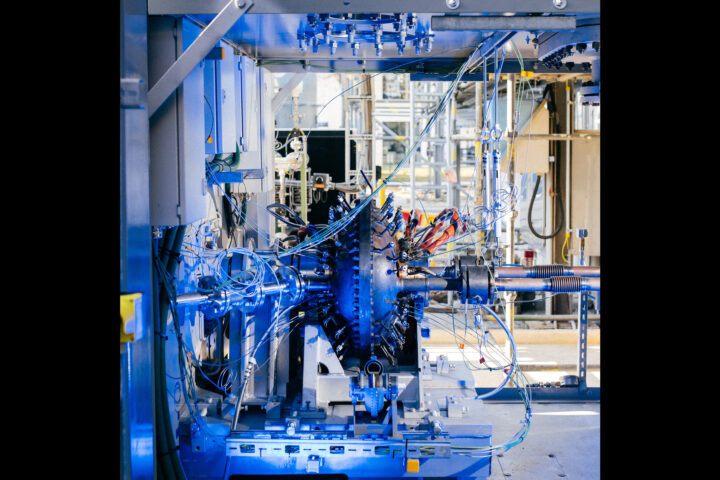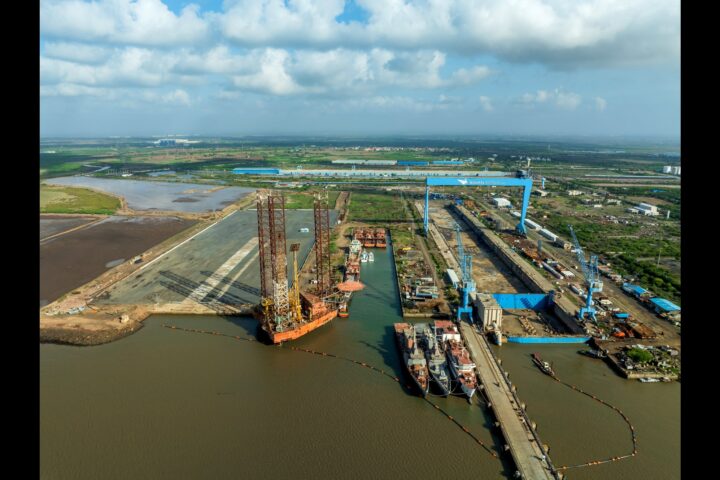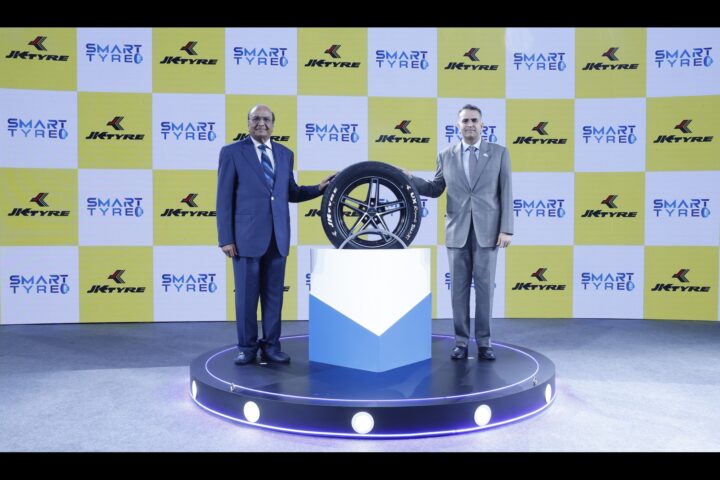There is widespread recognition that the role of digital technology is rapidly shifting, from being a driver of marginal efficiency to an enabler of fundamental innovation and disruption. Digitalization and Technology are the causes of large-scale and sweeping transformations across multiple aspects of business, providing unparalleled opportunities for value creation and capture. Technology is one of the most fundamental drivers of change today, presenting a unique chance to shape the future.
The civil aviation industry in India has witnessed consistent double-digit growth over the last four years. The Government’s focus on connectivity for all has been one of the key drivers propelling its growth and placing the civil aviation industry amongst the fastest growing industries in the country.
Trends in technology impact all industries, and travel and aviation is no exception. Today, Air travel is in a period of great change. Most airports are transitioning away from Airport 2.0 (self-service and process efficiency) to Airport 3.0 (using digital to optimise flow monitoring and passenger processing). The aviation industry has been at the forefront of digital innovation. The sector has been an early adopter of technologies and platforms, but steep demand for travel, driven by a growing middle class in emerging markets and the increasing importance of digital experiences, implies that there will be further digitalization of the industry.
Airlines and airports in India are expected to rapidly ramp up their spend on new technology over the next three years to keep up with surging growth which will see passenger traffic double to 370 million by 2020. The growth will position India as the world’s third largest aviation market. Additionally, investment on technology is being made to help bridge the capacity gap, enhance passenger travel experience, providing frictionless check in and baggage drop and ensuring smooth airport operations in order to reduce the overall boarding time and offering a hassle free experience to travelers.
PM Modi’s UDAN initiative aims to ensure comfortable and convenient air travel for the common folk. In addition to this, the implementation of regional connectivity in India’s aviation circuit is also in line with this vision to expand to smaller cities under the flagship of government’s affordable UDAN scheme. Along with this, DigiYatra- an industry-led initiative, coordinated by the Ministry of Civil Aviation is also in line to support PM’s vision to transform the nation into a digitally empowered society. Apart from the DigiYatra project, initiatives like NabhNirman for airport capacity augmentation and AirSewa, aimed at online passenger grievance redressal, etc, are also catching pace to bring about radical changes in the aviation sector.
Technology has brought about different capabilities in the aviation sector which were not there initially.
In-flight connectivity and entertainment have come a long way over the past few years. Not that long ago, in-flight entertainment consisted of a book or a movie shown on an overhead projector. Today, elaborate seatback entertainment systems are all the rage. Some airlines have also switched to wireless streaming while also offering high-speed internet.
Technology has helped a great deal since passengers can use the internet to check-in online. Technology literally starts before a passenger reaches the airport. It has allowed for boarding without cumbersome paperwork. But in the near future, all we'll need is to simply show up. That's because the next step in the evolution of the airport experience is biometrics. Airlines are working round the clock to ensure the perfect facial recognition technology to be used instead of paper or electronic boarding passes.
Self-service at airports is growing rapidly, which helps to save time. One of the most important priorities of Indian airports today is handling the huge passenger volumes efficiently. This means self-service technologies would be in high demand and majority of Indian airports plan major passenger self-service programs in the coming years.
Social media platforms have also helped a great deal in enhancing interaction. Through technology, airports can interact directly with their consumers and it helps personalize the experience. Digital communication through different social platforms helps push information to a wide range of customers.
Rapid growth is a positive challenge for India. There is tremendous opportunity and desire among airlines and airports in India to bring the country in line with the rest of the world. Also Indian passengers prefer using technology in their everyday lives. Hence this vital investment in technology will ensure that India can fully capitalize on the growth. An increase in digital technology will be beneficial to both airports and their passengers, improving efficiency, which reduces costs and in turn improves passenger experience.
Over 50 years, NEC has been working with our customers to develop and deliver innovative solutions for the Aviation sector. NEC has accumulated substantial experience over this time in both air-side and passenger-side systems catering to the entire airport ecosystem. NEC today is at the forefront of providing seamless, secure and efficient solutions for airports, airlines and governments across the globe.
NEC designs, produces, installs, tests, and maintains equipments and systems, which are operated by our customers, Civil Aviation and Airport Authorities. NEC’s air-side aviation portfolio includes Communication and Navigation systems, Airport Surveillance Radars and integrated Air Traffic Control Systems that enable both civil aviation and air defence authorities to maintain air safety and accommodate future traffic growth.
NEC also provides a growing portfolio of passenger-side solutions to customers around the globe. With the ever-growing volume of air travellers, the journey becomes just as important as the destination. However, with the rising numbers of travellers, the need for balancing efficient passenger processing with enhanced security becomes paramount.
NEC Digital ID technology enables a passenger’s biometrics and travel information to be captured on a single record, which can then be used as a trusted token to identify him to each stakeholder easily, eliminating the need of repetitive identity checks and ensuring process efficiencies at every touchpoint.
Digital ID provides integrated identity management across the travel process that allows passengers to authenticate their identity online or in person for all stakeholders, ensuring an efficient flow within the airport. NEC’s technology helps lower operational costs, identify new revenue streams, and improvise passenger flow to enhance the travel experience across the entire passenger life cycle. As a global leader in biometrics and coupled with unparalleled aviation expertise, NEC is your partner-of-choice for all aviation needs.
Pradeep Kushwaha, Head of Public Safety Business Unit, NEC Technologies India


















